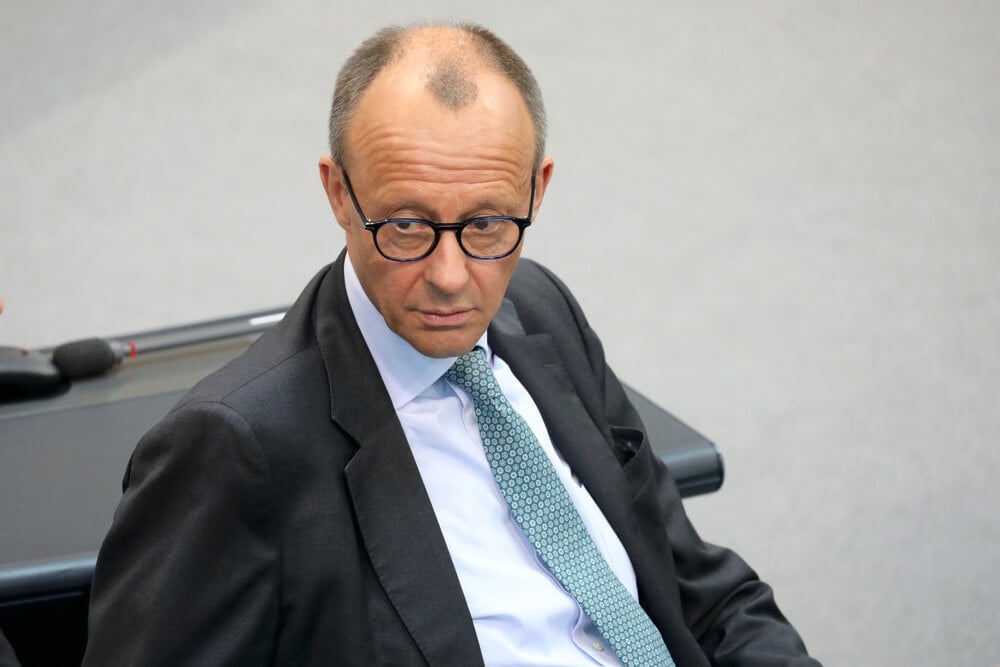As he bid farewell to G7 partners at a virtual summit last Friday, outgoing US President Joe Biden urged them to find a legal way to seize the principal value of Russian state assets in Western banks and redirect it to Ukraine.
During his last meeting with the G7 leaders, President Biden expressed his desire to establish a legacy that would enable his closest partners to finish the work they have initiated, despite facing numerous challenges, particularly legal ones.
It was the G7 that achieved a breakthrough in the highly sensitive issue of the use of frozen Russian funds in the West earlier this year by paving the way for financial support for Kyiv from the interest earned on billions of blocked Russian funds.
With this call, Biden aimed to send a final message to the G7 partners, partly seeking "forgiveness" for his occasional hesitation to provide greater support for Kyiv.
Unstable governments
However, it remains uncertain to what extent the other six G7 allies will commit to Biden's appeal. Particularly because his political authority has diminished, anticipating a formal conclusion in a little over a month when there will be a transfer of duty in the White House.
Another reason is the internal political interests of American partners, who still view using the principal value of Russian funds in Western financial institutions as a risky move.
No fewer than four G7 members find themselves in a state of political limbo
No fewer than four G7 members find themselves in a state of political limbo, amidst an unstable environment still awaiting a solution. This includes not only the US, which is in the process of transitioning to Donald Trump, but also France, where Emmanuel Macron's government is facing a crisis, and Germany, which is currently engaged in the election campaign for the forthcoming federal elections in February. Japan is also experiencing similar turbulence, with Shigeru Ishiba's government struggling for legitimacy.
However, the issue with the use of the principal value of the frozen Russian assets still has a chance to move in the direction Joe Biden wants, but not because of his call to the G7 leaders.
A successful first step
The G7 leaders already took a first and significant step in this direction at the summit in Italy last June when they decided to support Ukraine with USD 50 billion from the interest on frozen Russian funds, which totalled around USD 310 billion.
At the end of October, the EU members created a mechanism through which around 35 billion euros from this fund will flow to Kyiv in the form of a loan from the second half of 2025.
At the same time, the UK government decided to provide Ukraine with additional support, totalling GBP 2.2 billion (USD 2.9 billion) from the profits on frozen Russian financial assets in the UK.
All eyes are on the first steps taken by Donald Trump and his administration
The next, equally politically risky step that Joe Biden is advocating for—the use of the principal value of Russian assets in Europe and America—will necessitate significant political resolve from the G7 governments. But does it exist today?
All eyes are on the first steps taken by Donald Trump and his administration in this regard. His positions so far indicate that he will not be particularly willing to extend American financial support to Kyiv but will look for a way to end the conflict as quickly as possible.
His revanchist nature, especially during his first term as president, also suggests that he will reject every idea and policy of his predecessor Biden, including using the principal value of Russian financial assets in the West.
However, Trump is not entirely dismissing this development.
Can the Europeans convince Trump?
At the same time as Biden's appeal to the G7 leaders, the new EU top diplomat, Kaja Kallas, spoke in the same direction. Ukraine had a legitimate claim for compensation, and the Russian assets held in the EU were “a tool to pressure Russia,” Ms Kallas said on Thursday in an interview with several European media outlets.
She may get an important ally in pressuring the EU to reach for frozen Russian funds in Europe after the February elections in Germany, where the conservatives are expected to return to power, and the arrival of their leader Friedrich Merz as chancellor.
 We have to create a common strategy within Europe - Friedrich Merz
We have to create a common strategy within Europe - Friedrich Merz
Unlike outgoing Social Democrat Prime Minister Olaf Scholz, Mr Merz is certain that Germany will be much more supportive of Ukraine's defence than it has been in the past. Unlike Mr Scholz, he does not face the dilemma of allowing Ukraine to use Western long-range weapons to attack targets in Russia and probably will not face the dilemma of using frozen Russian funds to support Kyiv.
Furthermore, the prospective German Chancellor is leading the push in Europe to prepare for independent European support for Ukraine, regardless of the potential reduction or cancellation of this support by the United States under Donald Trump.
"With the change of power in the U.S. there is a possibility we will have a new situation and we have to prepare for it. We have to create a common strategy within Europe,” Merz said this week during a visit to Kyiv.
Anticipating the deal-making approach to foreign policy of the future US president, the Europeans could keep him on the block regarding support for Ukraine if they offered him their willingness to fund Ukraine's long-term defence against Russian aggression.
European financial institutions have frozen most of the Russian state funds, some USD 210 billion, and a smaller part is in America.
“Europe has a strong incentive to persuade Trump to hold out for a decent agreement. Showing the author of “The Art of the Deal” that they will find the money to defend Ukraine if the war drags on could encourage him to do precisely that,” said Reuters' Hugo Dixon.